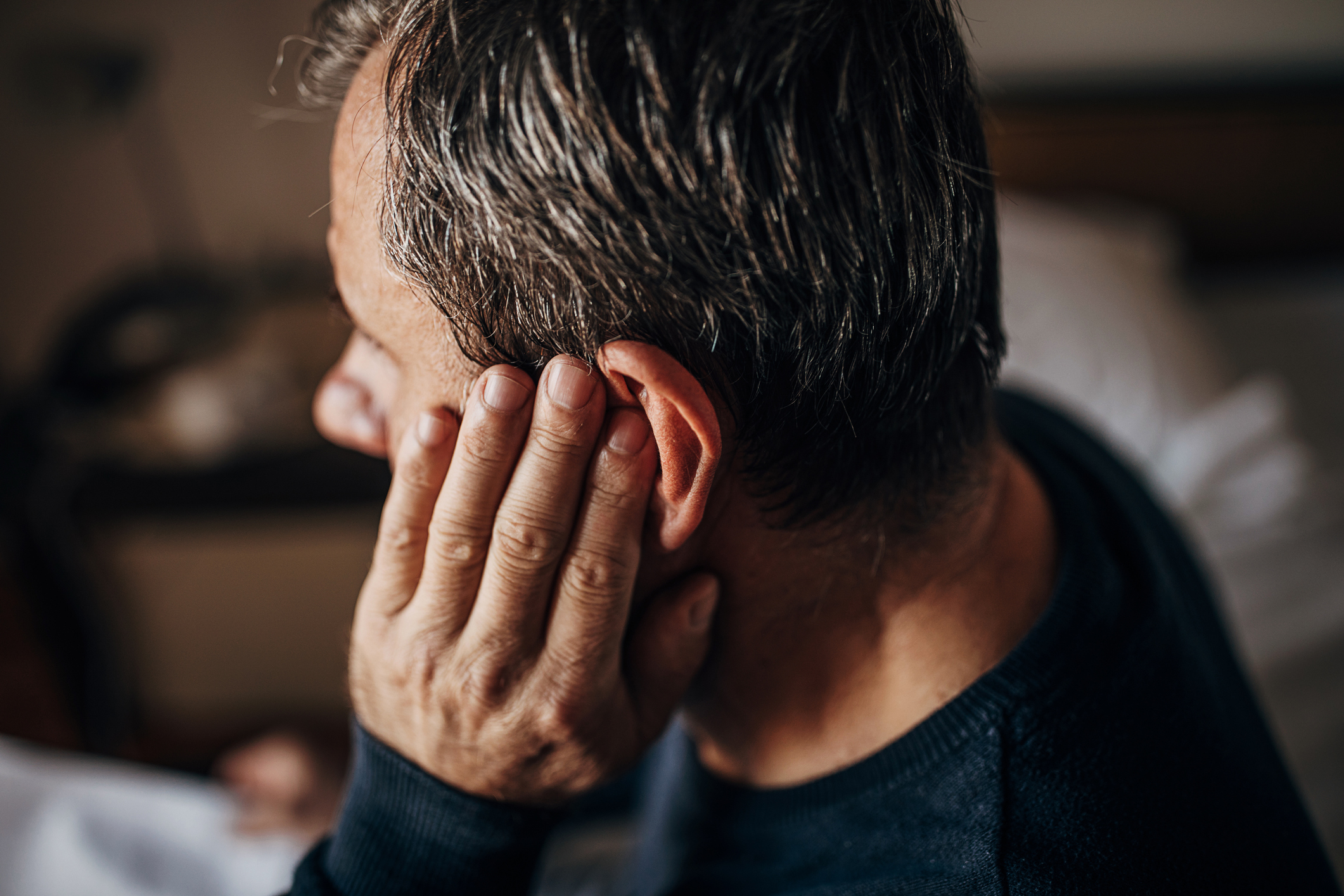

We’ve all heard about the health dangers of high cholesterol.
After all, from heart disease to dementia, the fats in your blood get a bad rap.
But the truth is, not all cholesterol is bad.
While some cholesterol actually protects your heart, other cholesterol works to keep Alzheimer’s away.
And according to a study from researchers at the Institute of Pharmacology, School of Medicine in Buenos Aires, there’s another reason your body needs cholesterol — your hearing.
Yup, they say that not only is cholesterol in the sensory cells of your inner ear the secret to youthful hearing, but its natural loss with age is why so many of us start turning up the sound on the television and asking those around us to repeat themselves.
Luckily, the researchers also say that they’ve discovered a way to level up cholesterol in cells associated with sound perception, which could be your secret weapon to reverse age-related hearing loss.
Cholesterol and the stretch response
So what could cholesterol possibly have to do with hearing?
The answer comes down to a cell’s ability to stretch.
You see, there are certain cells in the inner ear known as outer hair cells (OHCs), which amplify sounds by changing their length.
However, as time passes, these cells lose their ability to stretch in response to sound, blocking that sound amplification process and resulting in age-related hearing loss.
And here’s where cholesterol comes in…
Cholesterol plays a major role in that stretch response. Yet, it’s recently been shown that cholesterol in the brain decreases dramatically with age — a fact those Argentinian scientists say also leads to a loss of cholesterol in those sensory-specific hearing cells.
Now for the good part…
How to reverse that process and keep youthful cholesterol levels in OHC cells and the youthful hearing to go with it.
The secret superpower of plant sterols to reduce hearing loss
The secret lies in cholesterol-like compounds found in plants known as phytosterols or plant sterols.
Phytosterols are compounds that act like cholesterol but can actually enter the brain from the blood, unlike cholesterol itself.
When mice were given three weeks of dietary phytosterols, they displayed improved OHC function, with a better stretch response, which could therefore lead to better hearing.
The researchers summed it up this way, “In the present work we show that: aging triggers cholesterol loss from sensory cells of the inner ear… and that these defects can be partly reversed by phytosterols supplementation. Our findings are very promising because they provide the first proof-of-principle supporting phytosterols supplementation as a possible approach for prevention or treatment of hearing loss.”
How to increase phytosterols in your diet
Fortunately, phytosterols are also easy to find both in foods and supplements.
Phytosterols are found in fruits and veggies, whole grains and nuts. And one of the best dietary sources of phytosterols is walnuts, especially black walnuts.
Supplements that contain phytosterols, like beta-sitosterol, campesterol and stigmasterol, include saw palmetto which some men already take to support their prostate health. Some supplements designed to naturally balance cholesterol also contain phytosterols.
Whichever way you choose to get your daily plant sterols, you could benefit from sharper hearing.
Sources:
Common supplements might reduce natural hearing loss – EurekAlert!

